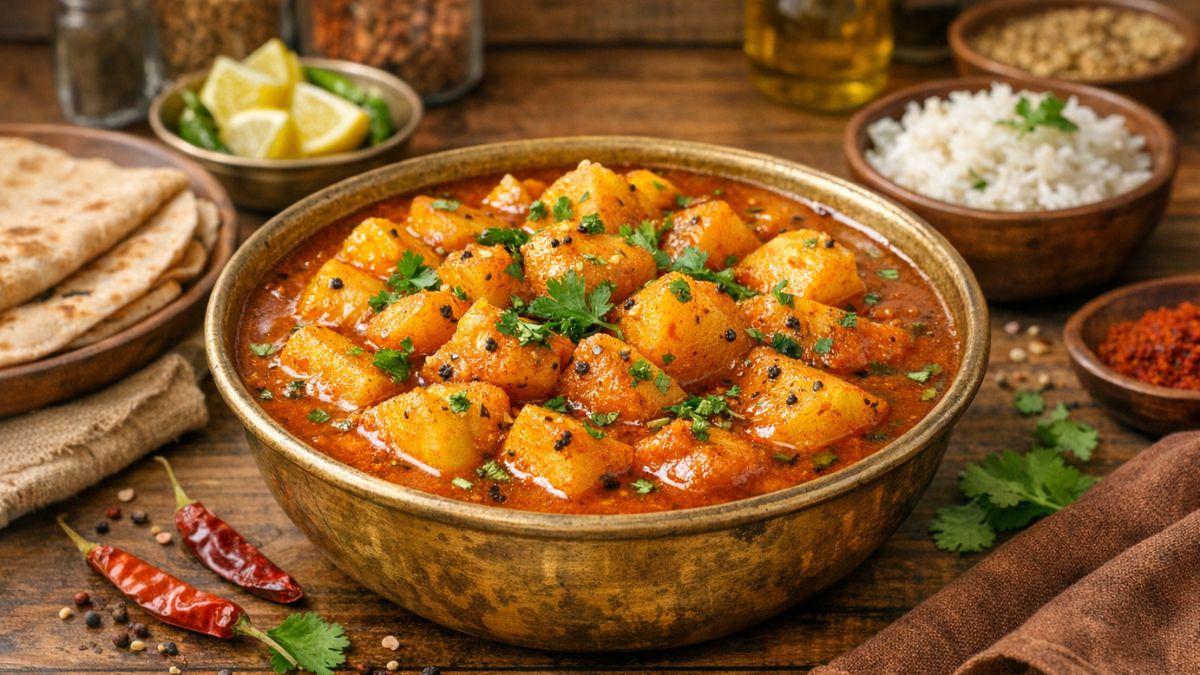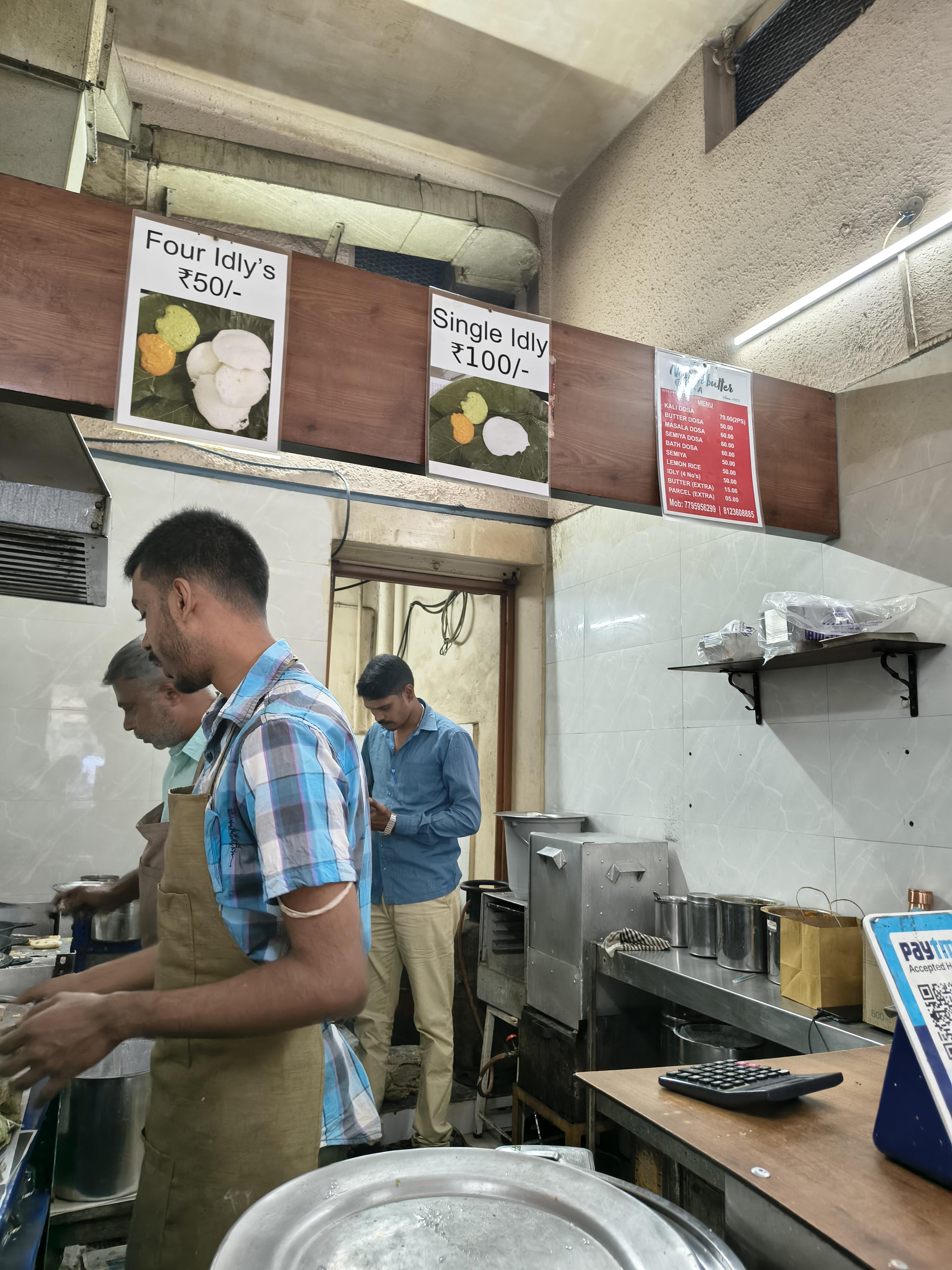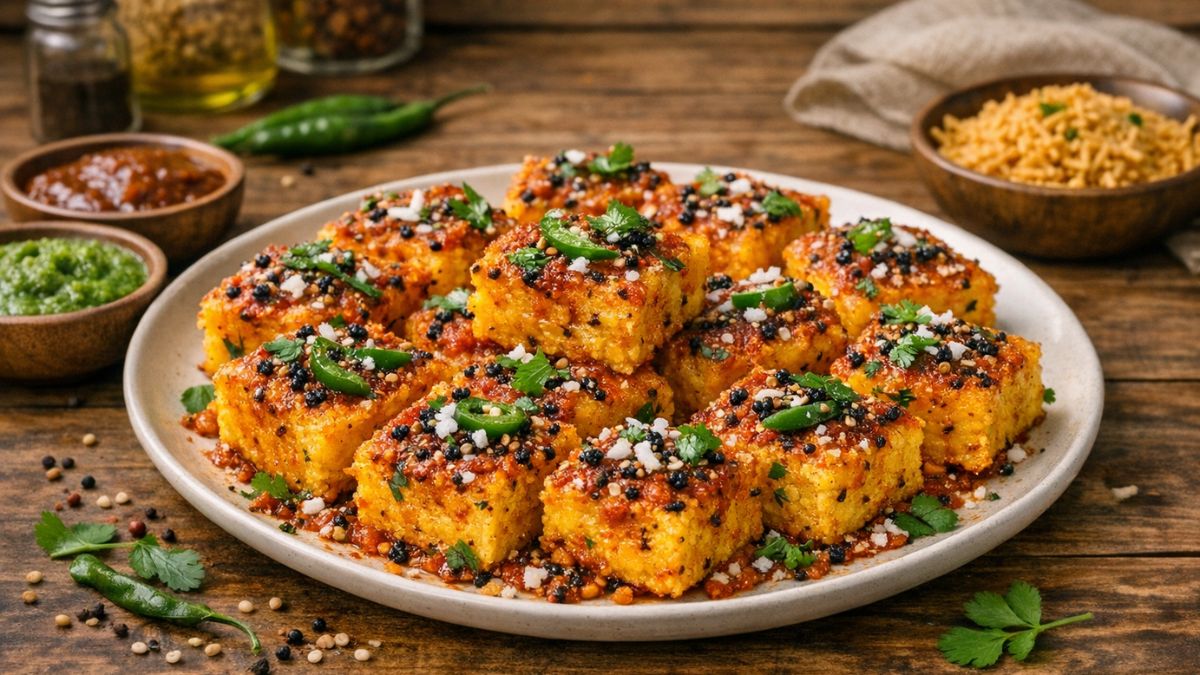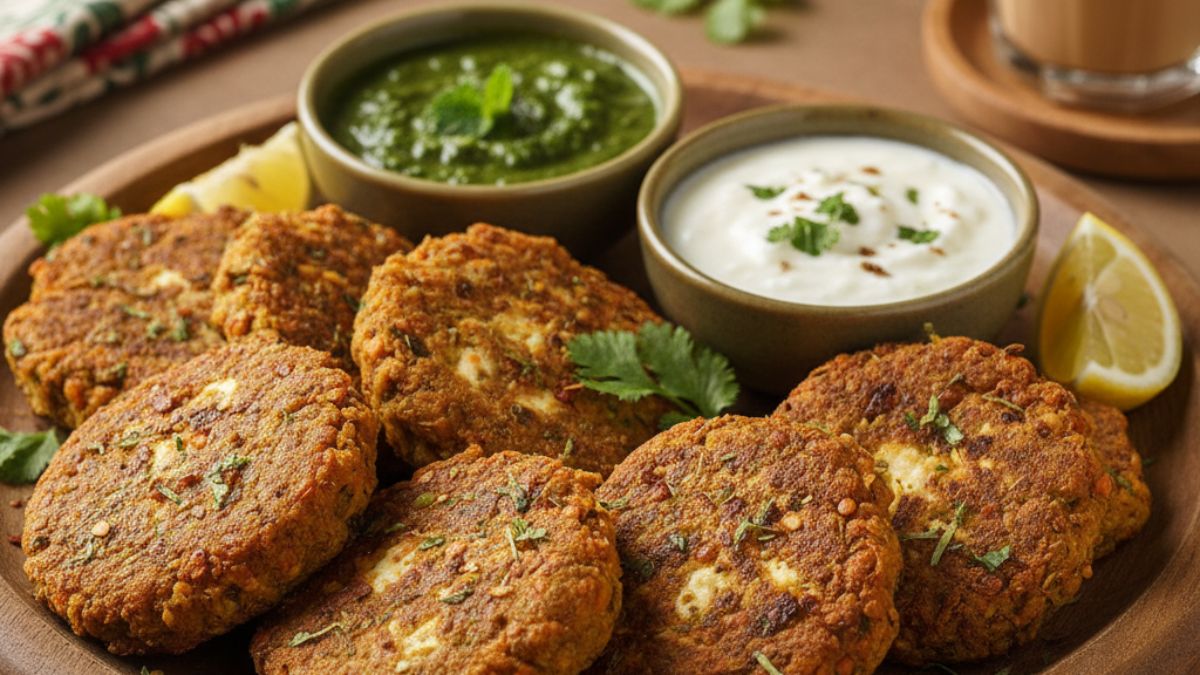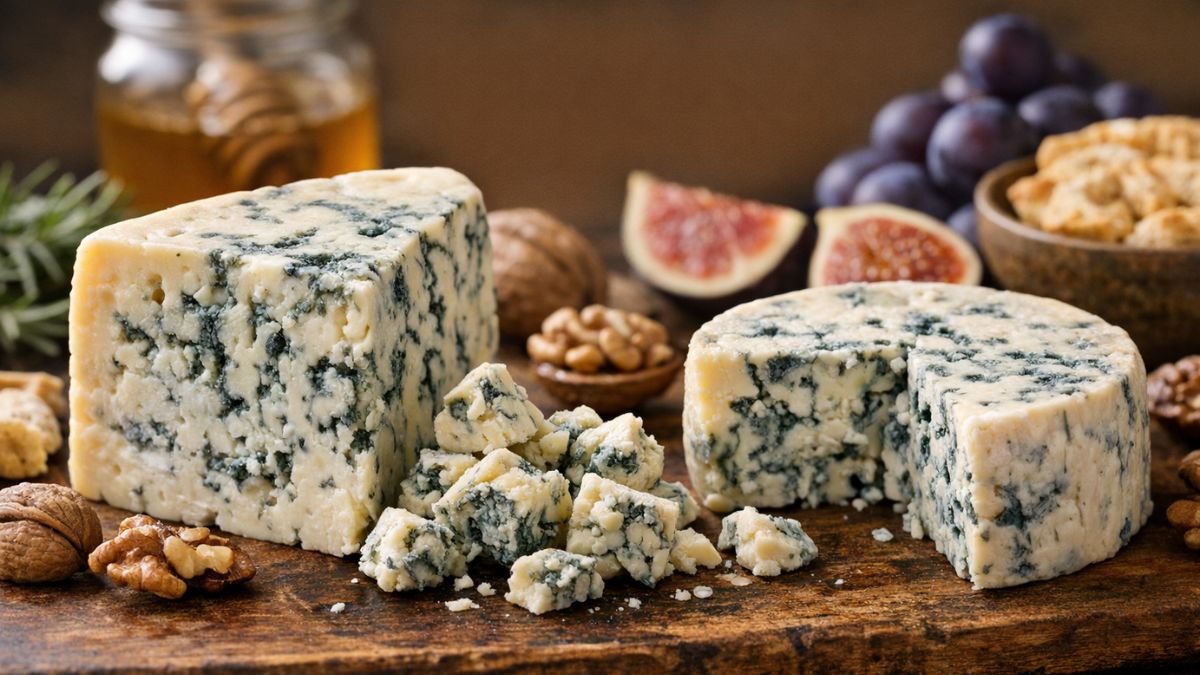Indians possess a strong genetic predisposition to diabetes; it is clinically proven that we are susceptible to a high rate of glucose intolerance. Seventy-five percent of individuals with Type-2 Diabetes Mellitus (T2DM) have a first degree family history of diabetes. With unique clinical and biochemical abnormalities, increased insulin resistance, higher waist circumference despite lower BMI and higher ‘C' reactive protein & lower adiponectin, Indians are more prone to diabetes. To reduce the prevalence of T2DM, especially in children, dietary management is of absolute importance. On World Diabetes Day 2019 and Children's Day 2019, focus on the importance of diet management in children.
The incidence of Type- 2 Diabetes is on the rise owing to a number of aspects, which include:
- Aging of the population
- Increased incidence due to urbanisation
- More sedentary lifestyle
- Physical inactivity
- Obesity
- Food consumption patterns (more foods with high fat content and refined carbohydrates)
Parents as well as teachers must be attentive towards the nutritional intake amongst school children. The consumption of inappropriate food is the highest amongst school children between the age group of 7-17; and therefore, most of the problems begin in this age group. With childhood obesity on the rise, Type-2 diabetes could be projected in the future. Children give more importance to their sensory attributes than health aspects, while choosing food, packaged and ready-to-eat foods are preferred due to its convenience and easy availability in the market.
Also Read:World Diabetes Day 2019: Expert Tips For You And Your Family To Eat Right And Manage Diabetes
Inculcating habits in children on healthy eating and keeping them informed of the ill effects of junk and fried food, are the roles to be taken up by parents at home and teachers at school. It is also important to reduce screen time to 1-2 hours a day and ensure outdoor and physical activities are made part of the daily routine. At sporting clubs, it is a must to avoid canteen food after playing, preferably prepare homemade food to satisfy hunger in kids; wholesome home foods like vegetable cutlets that are not deep fried, with less salt and oil in air fryers.
World Diabetes Day: The consumption of inappropriate food is the highest amongst school children between the age group of 7-17.
Let's take a look at the types of food best beneficial for children, and those that are harmful:
Foods to be avoided:
- Hamburgers, Chips, Pakodas and all varieties of deep fried food
- Red meat and Pork
- All trans-fats including Margarine and hydrogenated fats
- Bakery products which contain these fats should also be avoided
- All foods containing high n6 fats
- Sugar sweetened carbonated drinks
- Street food comprising deep fried snacks in reused oil
- Energy dense milkshakes
Also Read: 6 Winter Fruits That You May Include In Your Diabetes Diet

World Diabetes Day: Burgers, pizzas, fries, chips and fizzy drinks are to be avoided.
Foods to consider:
Reducing the volume of refined carbohydrates in the diet will help high risk groups to substantially reduce the risk of Type-2 Diabetes. Insulin Resistance is the major problem in our community, and can be reversed only by substituting and reducing the quantity of vegetable seed oil by traditional fats such as ghee and coconut oil. The following should be a part of the child's diet:
- Flaxseeds, Fenugreek and Mustard seeds
- Fatty fish like Mackerel, Sardines and Tuna
- Pulses like Urad, Rajma, Chawli or Lobia and Soyabean
- Green leafy vegetables like Methi, Chawli, Math, etc.
- Drinks like Kokam sherbet, Coconut water, Lime water and Chaas
Foods to be taken liberally:
- High fiber containing fruits and vegetables particularly pulpy fruits like oranges, sweet limes, apples, pears, Marsh Mellon etc., and sprouted grains like matki, masoor, moong etc.
- Fleshy dark fish (those who do not eat fish could consume EPA + DHA capsules and 6 tsp of Flaxseeds per day)
- Low GI index carbohydrates, high in fibre and low refined like sugar and jaggery.
About Author: Dr Anil Bhoraskar is a senior diabetologist at SL Raheja Hospital, Mahim - A Fortis Associate and Scientific Secretary at Diabetic Association of India.
Disclaimer: The opinions expressed within this article are the personal opinions of the author. NDTV is not responsible for the accuracy, completeness, suitability, or validity of any information on this article. All information is provided on an as-is basis. The information, facts or opinions appearing in the article do not reflect the views of NDTV and NDTV does not assume any responsibility or liability for the same.
